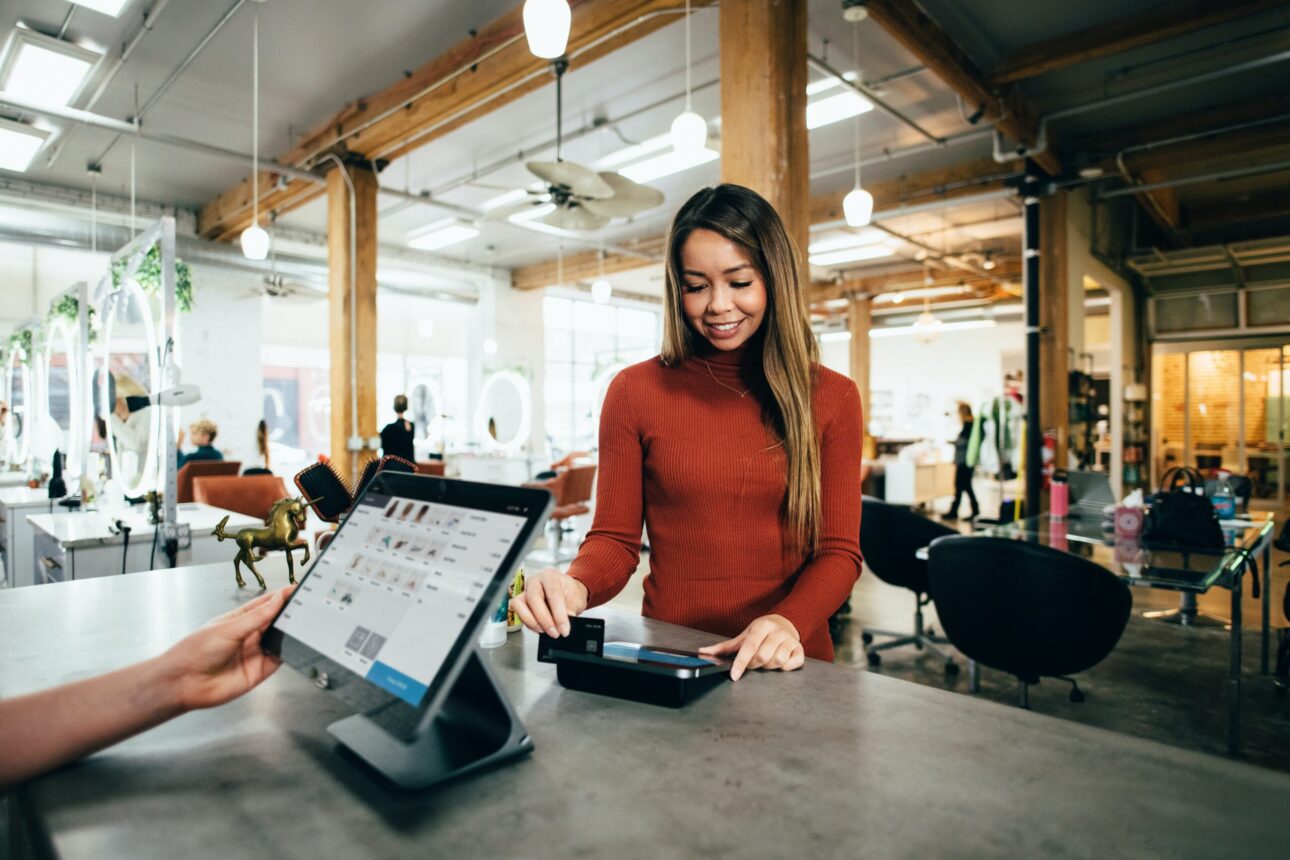Inflation is currently a huge problem facing UK businesses. With the rate increasing past 10% for the first time in forty years, many business owners are understandably worried about the future. In fact, around 97% of businesses recently stated inflation as their biggest cause for concern as the Bank of England has warned that the rate is expected to grow higher by the winter.
The retail industry, in particular, has a lot of reasons to worry. Retailers were recently forced to adapt to the global pandemic and will now once again need to consider their business practices in order to survive. With a possible recession on the way and inflation rates that may not subside for two years, it’s clear that the retail industry could reconsider how it uses technology.
How Digitalisation Can Help Retail Businesses Survive
For other industries, technology has offered a way to improve business processes while reducing costs and becoming more efficient in the process. eCommerce has taken off in the last few years, but retailers could make use of other technology to address the economic issues facing them. Things like the Internet of Things (IoT), data, digital marketing, the metaverse, and buy now pay later services could all help to encourage consumer spending.
Digital marketing is the use of internet channels to promote goods and services and build brand awareness. It’s quickly becoming one of the preferred ways of advertising due to how many people are online and the versatility of the techniques. Link building, social media marketing and pay-per-click advertising are all tools that can be used to promote brands online. AWISEE, a link building company in the UK, has said it is receiving more retail clients than ever who are looking to grow online and reach new audiences.
Digitalisation is the process of implanting technology into a business, and it can make a major difference to overall efficiency while also reducing costs. Digital marketing is one aspect, but data analysis is another. By digitalising their processes, retail businesses can collect more data and gain accurate insights into their customers and their preferences. These insights can be used to make better decisions and drive business strategy, leading to increased sales and better service.
The Internet of Things, or IoT is another type of technology that could have a major impact on retail. IoT allows objects to connect online and communicate with other devices. In retail, this could be utilised by smart shelving, which helps stores never run out of stock while also letting customers know what’s available before they arrive.
Can Buy Now Pay Later Encourage Consumer Spending?
One of the biggest fears of inflation for business owners is that it could affect how willing customers are to spend their money. Companies like Afterpay and Klarna, which allow people to buy now and pay later, could be the solution. Similar to the way credit cards work, users can sign up for the service and use them to spread the cost of a purchase over a longer period of time. These financial services have become very popular in recent years, and more retailers are now looking to implement them.
While they do have critics from people who accuse them of being predatory, most retailers can see their benefit both to consumers and the economy as a whole. The worry is that inflation may cause consumers to be less likely to spend, leading businesses to go out of business and causing a recession. Buy now pay later companies could help reduce the overall economic impact and give more options for consumers who are worried about big purchases.

















